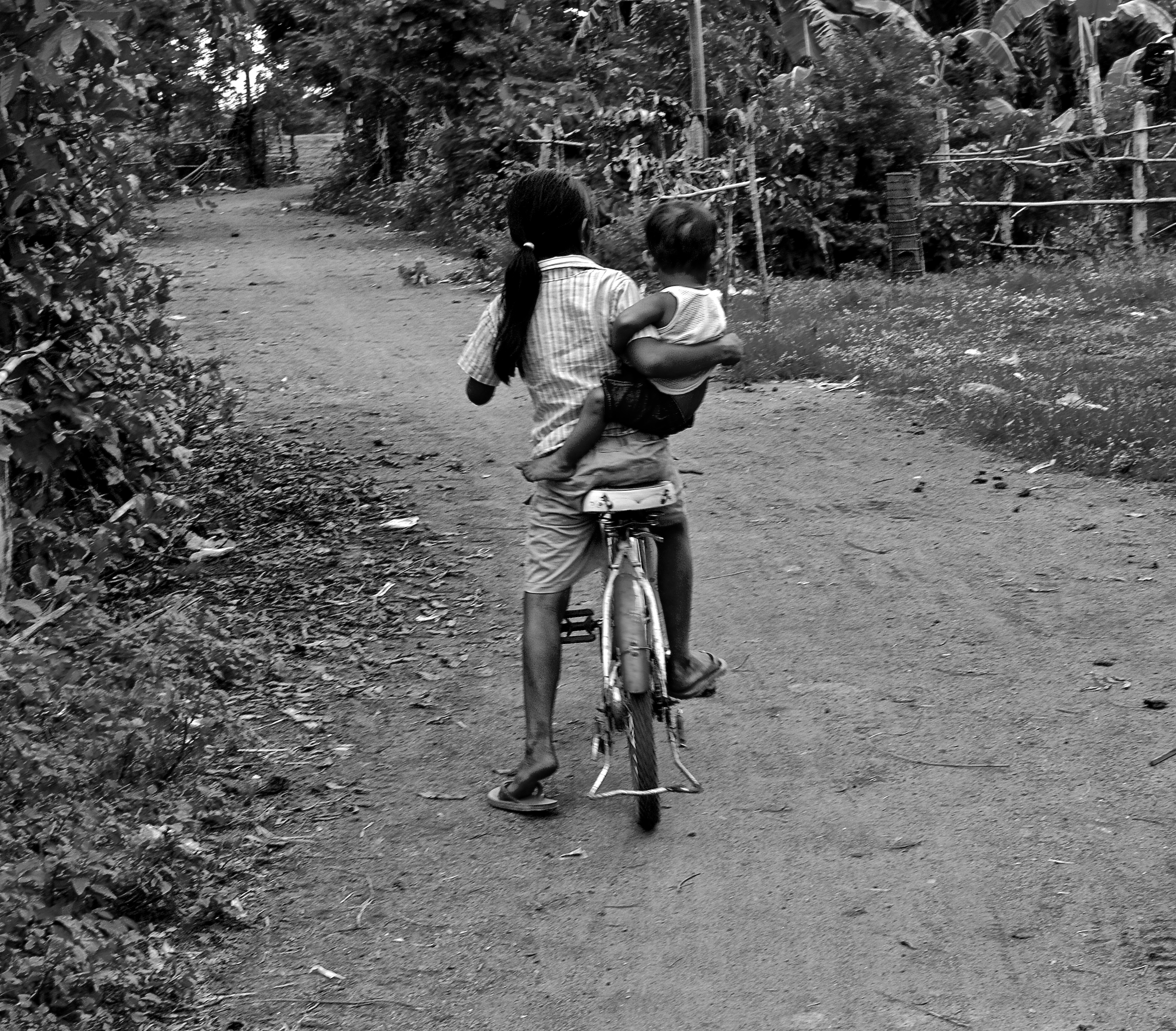
The smell of freshly brewed coffee. Dishes clinking. Muffled chatter of a host of languages. The white noise of a small café in central Phnom Penh is suddenly broken as a young woman, one of the waitresses, belts out a chorus of Alicia Keys's "This Girl Is on Fire." There is a round of giggling from the other employees and then everything goes back to normal.
The song is fitting. Just as Keys's heroine emerges from the darkness, the employee at Daughters Café and many like her are emerging from the sex trade.
This girl has cause to sing. Once she spent her nights in beer gardens or karaoke bars, waiting for a man to select her, take her back to a hotel room, and have sex, only to return an hour later to wait for the next customer. This could occur as many as seven or eight times a night.
Now, rather than wearing a skimpy black dress, she wears a royal blue t-shirt, with "Daughters" written across the back—much more suitable attire in modest Cambodia, where even tank-tops are considered a sign of promiscuity. This simple change of clothes can be key to helping a woman overcome feeling stigmatized for her former line of work.
Now, rather than serving beer in the middle of the night to drunken men eager to have sex, she serves coffee, sandwiches, perhaps a cup of soup in the light of day. She can return home to her family at a reasonable, much safer hour.
More and more NGOs in Cambodia are developing businesses as a part of their operation to end the sex trade. Cafés and bakeries, salons, screen-printing and sewing rooms are popping up all over Phnom Penh. Not only do these establishments support the NGOs financially, but they also give the women they serve an opportunity to learn practical skills, while at the same time providing them with a sense of purpose and self-worth.
Ruth Elliot, founder of Daughters of Cambodia, recognized the value of this work not long after starting the organization. Noticing a significant number of women returned to the sex trade after leaving the facility, she realized that a holistic approach was essential to complete the rehabilitation of the young women. This meant learning applicable skills and having a place to apply them.
"What they [former sex workers] need is a job," said Elliot.
The sense of shame and stigma that goes along with sex work often also leads to a feeling of worthlessness. However, when a woman is able to get out of the trade, learn new skills, and work in a more promising field, this sense of shame and stigma can be reversed. Those who come voluntarily to Daughters take steps that "empower them to change their lives," says Heather Nichols, Daughters' communication manager.
By providing job training and a safe work environment, Daughters wards off what is seen as "NGO dependence." The staff are paid a fair living wage, fostering a sense of independence and self-worth. The money that is earned from the businesses is then cycled directly back into the organization.
Throughout their time working at Daughters, young women are given a chance to grow professionally and become managers or counselors within their organizations. Several have gone on to open their own businesses, which are now thriving.



